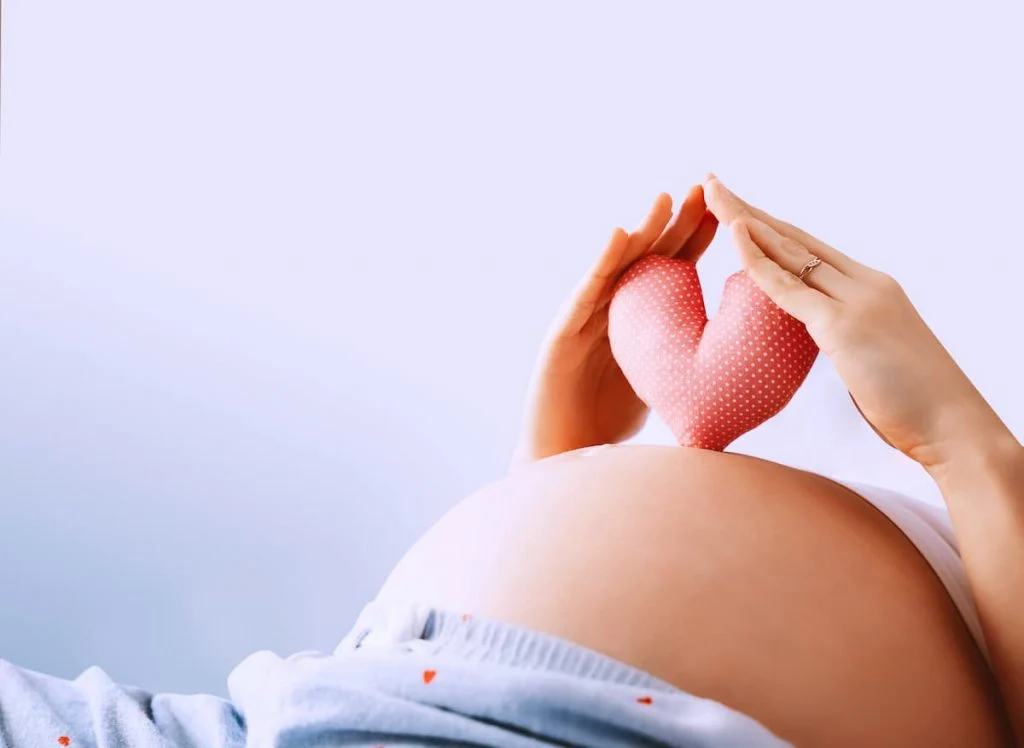A significant new study has unveiled a troubling correlation between oral contraceptives and depression in women. This revelation raises crucial questions about the responsibilities and expectations placed on women regarding hormonal birth control.
Researchers from the University of Copenhagen conducted an extensive study tracking one million Danish women aged 15 to 34 over a span of 13 years. The findings are stark: women using the combined oral contraceptive pill are 23% more likely to be diagnosed with depression, while those opting for progestin-only pills (often referred to as the “mini-pill”) face a 34% increased risk. The statistics are even more alarming for teenagers, whose risk of depression skyrockets by 80% with the combined pill and doubles with the mini-pill.
These figures are particularly concerning when you consider the stagnation in research on male contraceptive options, largely due to fears over potential hormonal side effects. As noted by health experts, “The high doses required for male hormonal birth control lead to side effects that many deem unacceptable.” It’s curious, then, that the same level of scrutiny isn’t applied to women, who are subjected to similar or even worse side effects without the same level of concern.
Men in clinical trials for hormonal contraceptives reported a range of side effects, including night sweats, mood fluctuations, weight gain, and, yes, depression. But the idea of men experiencing such issues seems to be a non-starter. Why is it that women must shoulder the burden of these hormonal changes, risking their mental health, while men are often spared from these discussions?
The consistent oversight of women’s experiences in the medical community is frustrating. As investigative journalist Lila Carter points out, “No amount of research seems to be enough for experts to take women’s emotional health seriously.” This recurring pattern of dismissing women’s concerns, often by those who have never experienced them, perpetuates a cycle of neglect.
Women are diagnosed with depression at twice the rate of men. Yet the adverse effects that sideline male birth control appear to be perfectly acceptable for women to endure. This study serves as a wake-up call, highlighting the need to prioritize women’s mental health alongside their reproductive options.
If you’re interested in exploring more about pregnancy and home insemination, feel free to check out this excellent resource on intrauterine insemination here or discover more about at-home insemination kits here.
In summary, the findings from this large-scale study highlight a significant link between birth control use and depression in women, challenging the medical community to reconsider how they address women’s health concerns compared to men’s.
